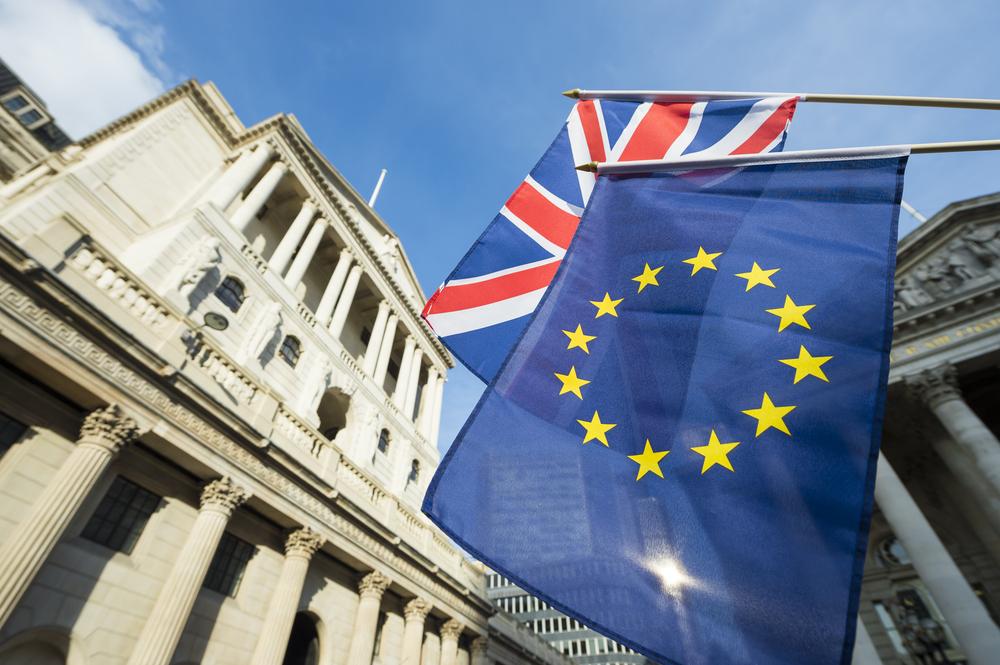The Bank of England decided to hold interest rates at 0.75% on Thursday.
The UK economy has slowed as business’ uncertainties concerning Brexit “have become entrenched” and growth in the world economy has eased, the Bank of England said.
It said that growth in the UK economy has been volatile during the first half of this year, and the speed at which the economy is growing has slowed. The reduced demand for exports and the weakening investment by UK companies have been cited as factors to fuel this slow down.
The UK economy was expected to grow by 1.3% in 2019, down from May’s 1.5% projection.
Moreover, the decision comes against a backdrop of continuous trade tension between the US and China, with trade tensions intensifying since May.
The Bank of England said that the likelihood of a no-deal Brexit has further lowered interest rates and lead to a marked reduction of the sterling exchange rate.
Inflation is back at the bank’s 2% target. The Bank of England said that expects inflation to dip below the target later in the year, caused in part by lower gas and electricity prices.
“Increased uncertainty about the nature of EU withdrawal means that the economy could follow a wide range of paths over coming years. The appropriate path of monetary policy will depend on the balance of the effects of Brexit on demand, supply and the exchange rate. The monetary policy response to Brexit, whatever form it takes, will not be automatic and could be in either direction,” the Bank of England said.
Angus Dent, CEO at ArchOver, provided a comment following the Bank of England’s decision to hold interest rates at 0.75%:
“As for the currency generally, what’s happening against the Euro does seem strange. Our economy is much stronger than the Eurozone’s, and yet the currency is being battered.”

